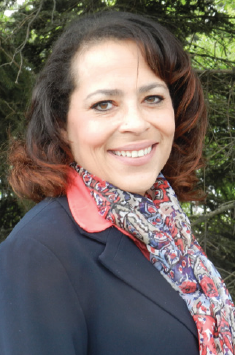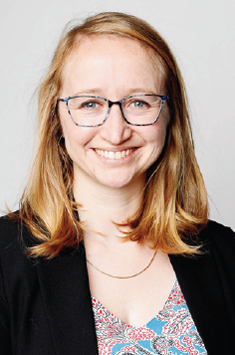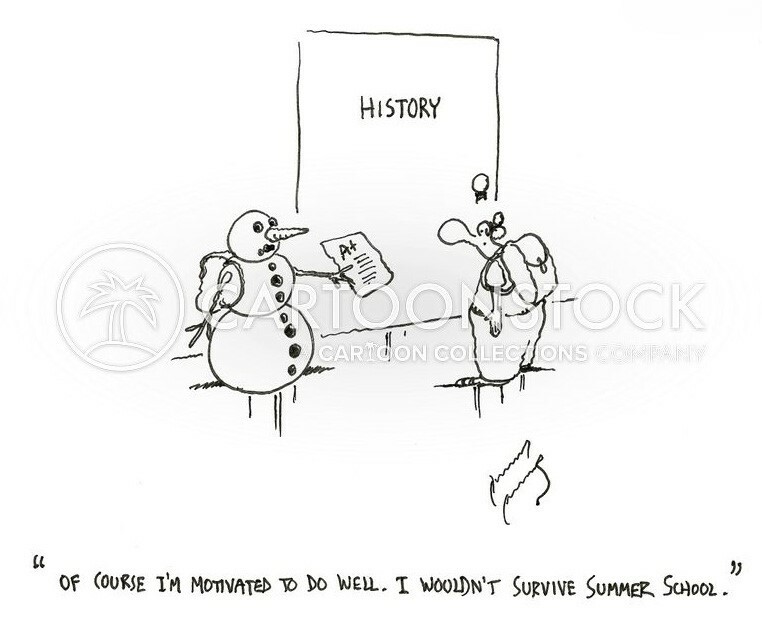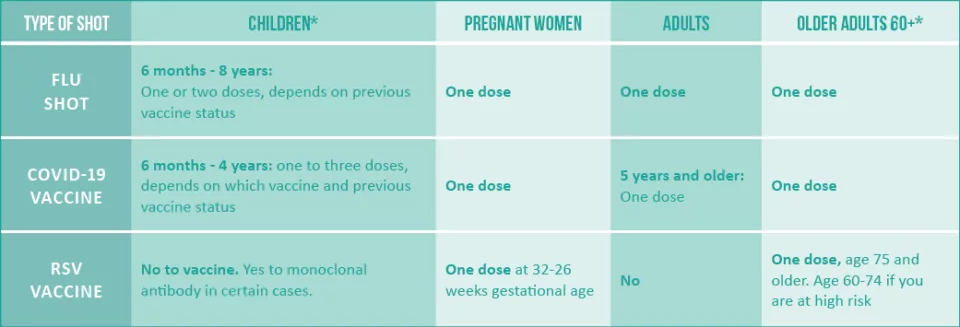
The Public Education Health Trust (PEHT) extends its heartfelt gratitude to all the candidates who participated in the recent Board of Trustees election. PEHT members have elected Monica Southworth and re-elected Jessica Cook to serve on the board, filling seats B and G, respectively.


Jessica Cook, a dedicated middle school language arts teacher who has served as a Trustee since 2015, will continue in her role representing Seat G.
Monica Southworth, a seasoned Research and Bargaining Specialist with over 10 years of experience in health insurance benefits, will bring her expertise to Seat B.
Both will serve three-year terms, starting January 1, 2025, through December 31, 2027. PEHT is excited to welcome their continued contributions in supporting the health and wellness of public education professionals.

For reimbursement consideration, commercial airline flights may only be scheduled for departure 1-2 days in advance of the first appointment or 1-2 days after the last appointment related to the condition being treated. Consideration for additional days may be given upon approval by the plan administrator.
All non-emergency commercial travel must be pre-approved by the plan administrator (or their designate) using the “Public Education Health Trust Non-Emergency Medical Travel Request Form” or no benefits will be provided. The form can be found at pehtak.com/forms.
Contact the Health Trust by phone. In Anchorage call (907) 274-7526; outside of Anchorage call (888) 685-7526. Business hours are Monday-Friday, 8 a.m.-4:30 p.m. (AKST).
Transportation benefits in any one calendar year will be limited to two round trips.
Transportation benefits apply only to the illness or conditions covered under this plan. They do not apply to dental care benefits, vision services, routine care or preventive care exams unless approved by the plan administrator.
A local physician must certify that needed services are not available locally. Transportation benefits for any foreign healthcare will not be covered, including Canadian healthcare.
Transportation benefits will not be given for diagnostic or second-opinion diagnosis unless diagnostic services cannot be provided locally and are deemed medically necessary by the plan administrator. The physician must provide written certification or detailed medical documentation of the existing condition in advance of the trip.
Non-emergency transportation charges will only be allowed for a patient who is a covered person, except for the following circumstances:
After the travel has occurred, a “Public Education Health Trust Non-Emergency Medical Travel Completed Form” must be submitted with the boarding passes and the receipts of the travel, signed off by the attending physician, or no benefits will be provided. All information must be sent to EBMS.


We hope you never need medical attention when you are on the road for vacation or traveling on a business trip. But, when you are traveling and require medical attention, remember that you can find options for in-network providers so that your expenses don’t pile up.
Through our partnership with Aetna, PEHT members can search for in-network options in an online directory found at aetna.com/asa. You will find a list of in-network providers who can meet your medical-care needs when you are out of town.

Don’t let seasonal respiratory viruses such as the flu, COVID-19 and RSV get in the way to enjoying this fall and winter. All three of these viruses can infect anyone. But they pose a higher risk of severe illness for older people, people with chronic health conditions and young children. Anyone over age 6 months should get the flu and COVID-19 vaccines while only certain people are eligible for an RSV vaccine.
You can find levels of virus in your area at: cdc.gov/respiratory-viruses.
Vaccines may not prevent illness fully. But if you get a vaccine, you may not get as sick. This season, there are vaccines designed to prevent serious illness from influenza (flu), COVID-19 and RSV — the trifecta of respiratory viruses — are all available. If eligible, you could get all shots at the same time, in a single appointment. The best time to get vaccines is in October.




If you feel sick, talk to your provider about COVID-19, flu, and RSV and how to feel better.
You may feel the same symptoms for other illnesses. So, your doctor may get you tested for COVID-19,RSV or flu. A test can help determine safe next steps to feel better and prevent more infection.
Besides getting a vaccine, your doctor may prescribe treatments for illness due to COVID-19 and the flu if:
The flu is an illness caused by the influenza virus. The virus infects your nose, throat and lungs. Most people who get the flu feel better within a week. In some people, the flu may lead to ear or lung infection.
The flu virus passes from person to person. When someone with the flu coughs, sneezes or talks, the virus spreads through the air. You can also get the flu by touching an object with the flu virus on it and then touching your eyes, mouth or nose. If you have the flu, you may pass the virus to someone else before you even start to feel sick. You can spread the flu up to seven days after you become sick.
If you have the flu, you may experience:
If you get the flu and have a medical condition such as asthma, diabetes or heart disease, call your doctor right away. The flu may make these conditions worse. You should also contact your doctor if you’re very sick or worried about your illness.
The flu vaccine is recommended for individuals 6 months of age and older. Talk to your doctor about the flu vaccine. It’s especially important to speak to your doctor about getting the flu vaccine if you are:
No. The flu shot does not treat or prevent COVID-19. There are additional vaccines available for COVID-19.
It is generally recommended to get the annual flu vaccine sometime in September or October.

Making regular physical activity a priority may be challenging. There might be hurdles even before you start. You have to make the time, choose the activity, find a place to do it, get the gear and so on. This can feel like a lot.
There is one thing that can make it easier — enlisting a buddy or joining a group. In practical terms, working out with others holds us accountable. You are more likely to show up, follow through and stay motivated. Working out in a group elevates mood and lowers stress. It also makes exercising fun and social, so it becomes even better for your body and mind.
1
ENLIST A BUDDY
Get moving with a partner.
STRONGER TOGETHER
Develop a community of supporters by choosing a group activity to work on your fitness goals. There are many options, like:
Before you start any new exercise routine, talk to your doctor to make sure it’s safe.
To sign up or learn more, go to Teladoc.com.
1 https://blogs.bcm.edu/2024/02/13/benefits-of-exercise-classes-and-groups

Here we are, in the thick of long, dark winter days. If you’ve noticed your sleep schedule going a bit haywire, you’re not alone. With minimal daylight, your body’s natural rhythm — your circadian clock — might be craving more cozy bedtime. But that doesn’t always mean you’re getting quality sleep. In fact, consistently oversleeping can lead to some serious health concerns.
Our bodies rely on light exposure to regulate circadian rhythms, which are like internal clocks that tell us when to sleep and when to wake. In Alaska’s long, dark winters, it’s easy for this rhythm to fall out of sync. When your internal clock is off, it can affect everything from your mood and energy levels to your digestion and immune function. Maintaining a healthy sleep cycle will keep your body operating at its best.
While getting a little extra sleep during these darker months can feel comforting, regularly clocking in more than nine hours of sleep could be a red flag. Oversleeping has been associated with a variety of health problems, including an increased risk of heart disease, type 2 diabetes, obesity and even, in some instances, cognitive decline.
We know it’s tempting to sleep in when it’s dark until noon, but keeping a regular sleep schedule is key. Set a consistent bedtime and wake-up time, even on weekends. It’ll help your body stay in rhythm, which means better energy and less grogginess during the day.
And, sure, sunlight is a bit of a rare gem during these months, but when it does appear, grab it! Open those blinds, step outside for a brisk walk or invest in a light therapy lamp to give your brain the cues it needs to wake up. Your body’s internal clock relies on light to set the stage for a productive day, and this little trick helps kick melatonin production back into gear at the right time.
Binge-watching might be tempting when the evenings are endless, but too much screen time before bed can trick your brain into thinking it’s still daytime. Cut down on the tech an hour before bed or invest in some blue light-blocking glasses if you absolutely need that Netflix fix.
Certainly, winter in Alaska can be tough, but your sleep doesn’t have to be. With a few adjustments, you’ll be sleeping soundly through the darkest months and ready to seize the day(light) when it returns. Sweet dreams, from PEHT!